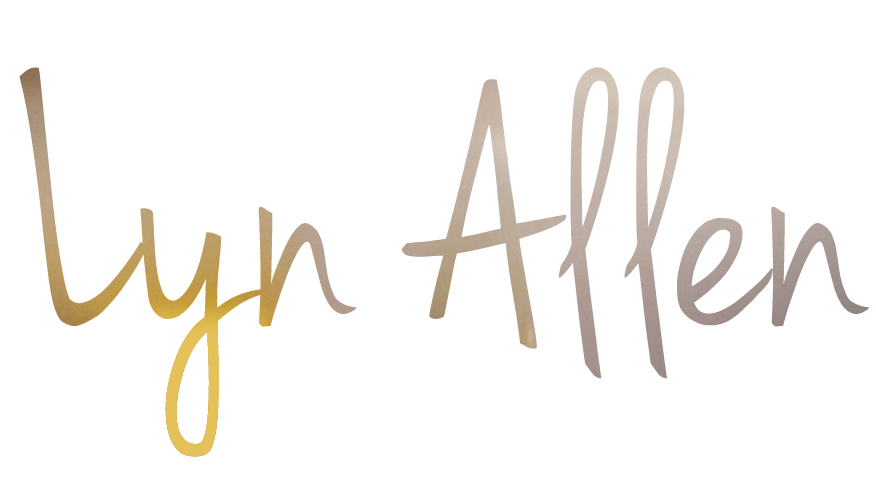 People hire you for results, right? But here’s the paradox: chasing results can set you and your coachee up for outcomes that don’t quite meet the mark or don’t sustain.
People hire you for results, right? But here’s the paradox: chasing results can set you and your coachee up for outcomes that don’t quite meet the mark or don’t sustain.
So how do you as a coach integrate purposefulness in your coaching with non-attachment? And, for that matter, why should you?
Two reasons for starters:
Premise #1: Coaching is about human development. Using a partnering approach, a coach assists clients to access and harness required growth for making better decisions and taking more effective actions.
Premise #2: Results – sustainable results aligned with and reflective of what the clients really want – are the byproduct of growth experienced from the coaching.
What this means is when you and your coachees put results ahead of the growth needed to achieve those results, both of you end up feeling frustrated and doubting the coaching and yourselves.
That’s hardly what you want for yourself or the people you coach, right?
To avoid the attachment trap:
1) Learn to recognize the signs you’ve become attached to outcome. And understand this is part of being human. It happens. How you meet it when it does is what matters.
Watch for these indicators you’ve become attached:
· Frustration and irritation with your coachee.
· A need for the coachee to change, grow, move so you can feel better.
· Self doubt. Questioning coaching or your ability as a coach.
2) Develop skills in two critical areas: coaching and self management. Build your capacity for confidence and comfort to reduce the risk of becoming hooked by attachment to outcome. (For more on this, be sure to listen to the February, 2015 Heart and Soul of Coaching program. It will be posted here for replay until mid-May, 2015.)
3) Expand your understanding of what it means to be a co-learner with your coachee. Listen not just for the shortest path from pain to no pain, and not just for “What have you tried before?” or “When were you successful with this in the past?” Learn how your coachee thinks, perceives and learns. Learn the story from which they view their situation – and whether or not that story supports then with moving forward. Listen for what’s really going on.
Listen also for when you think you Have The Answer for your coachee, or when you Think You Need the Answer. When this occurs, you’ve left present moment and gone into the solution. Learn how to bring yourself back to present moment because that’s where discovery and growth occur.
As you develop your capacity to integrate purposeful focus on desired outcomes with the discovery that leads to growth, you’ll do more than remain unattached; you will stand for your coachee’s growth and hold the space within which outcomes can exceed your coachee’s expectations. And that, dear coach, is where the coaching is really rewarding for all parties involved!
In celebration of your success!
Lyn

